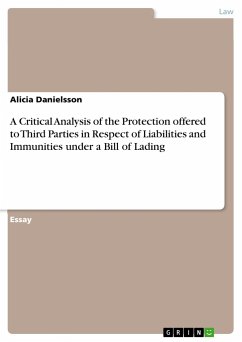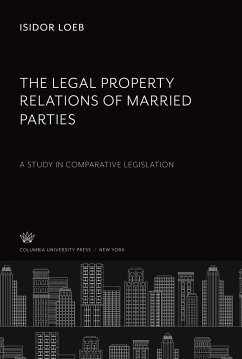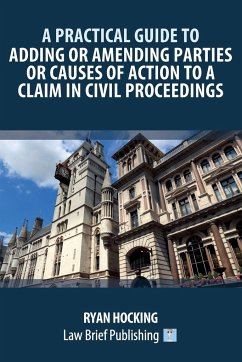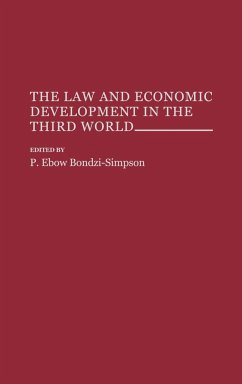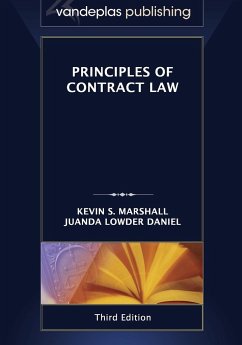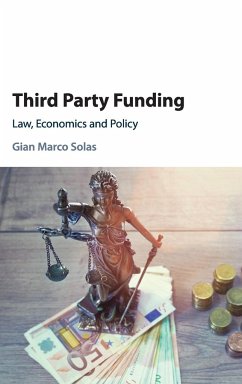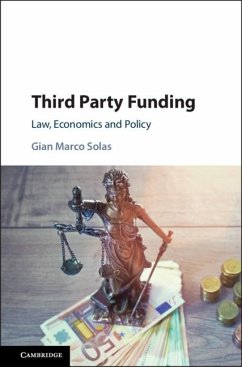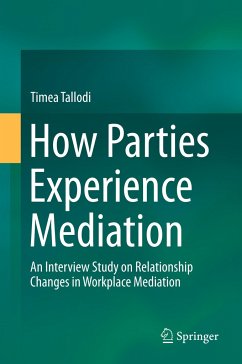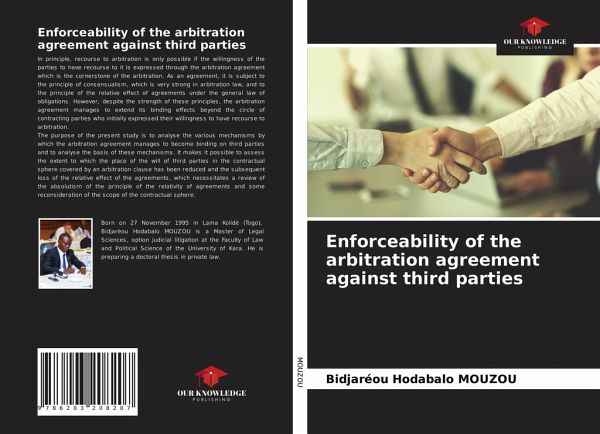
Enforceability of the arbitration agreement against third parties
Versandkostenfrei!
Versandfertig in 1-2 Wochen
36,99 €
inkl. MwSt.

PAYBACK Punkte
18 °P sammeln!
In principle, recourse to arbitration is only possible if the willingness of the parties to have recourse to it is expressed through the arbitration agreement which is the cornerstone of the arbitration. As an agreement, it is subject to the principle of consensualism, which is very strong in arbitration law, and to the principle of the relative effect of agreements under the general law of obligations. However, despite the strength of these principles, the arbitration agreement manages to extend its binding effects beyond the circle of contracting parties who initially expressed their willing...
In principle, recourse to arbitration is only possible if the willingness of the parties to have recourse to it is expressed through the arbitration agreement which is the cornerstone of the arbitration. As an agreement, it is subject to the principle of consensualism, which is very strong in arbitration law, and to the principle of the relative effect of agreements under the general law of obligations. However, despite the strength of these principles, the arbitration agreement manages to extend its binding effects beyond the circle of contracting parties who initially expressed their willingness to have recourse to arbitration. The purpose of the present study is to analyse the various mechanisms by which the arbitration agreement manages to become binding on third parties and to analyse the basis of these mechanisms. It makes it possible to assess the extent to which the place of the will of third parties in the contractual sphere covered by an arbitration clause has been reduced and the subsequent loss of the relative effect of the agreements, which necessitates a review of the absolutism of the principle of the relativity of agreements and some reconsideration of the scope of the contractual sphere.





